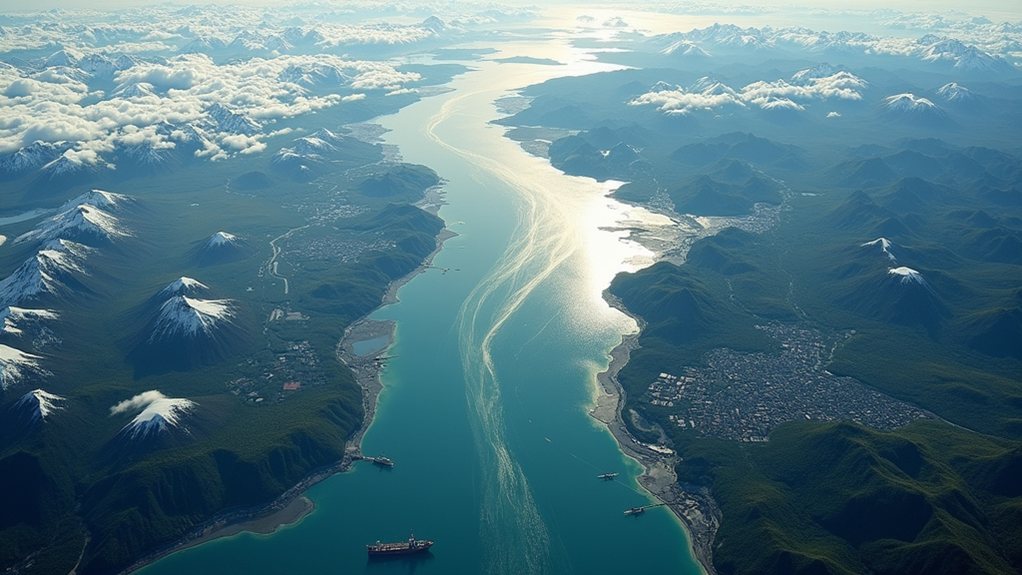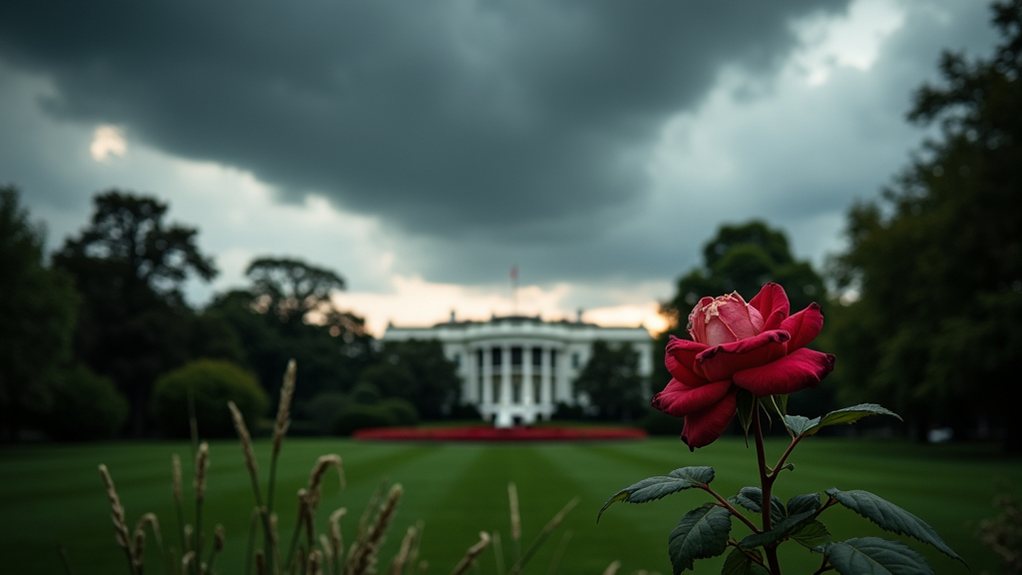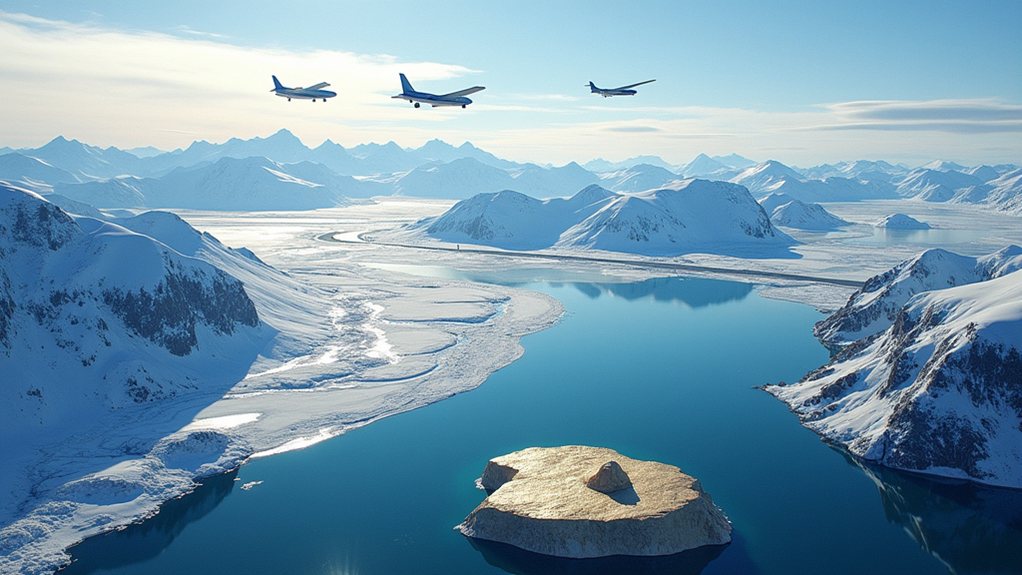In recent years, Donald Trump has shown bold ambitions regarding U.S. territorial expansion. One of his notable interests has been Greenland, a territory rich in natural resources and strategically located between North America and Europe. In 2019, he even offered to buy Greenland from Denmark, believing it could serve as a site for military bases and surveillance. The melting ice in the Arctic is also opening new shipping routes, which Trump saw as an opportunity for economic gain. Additionally, Greenland's significant U.S. military presence at Pituffik Space Base underscores its strategic importance in Trump's vision for national security.
Trump has also made claims about Canada, suggesting it could become the 51st U.S. state. He pointed to economic and security reasons for this idea, referring to Canadian Prime Minister Justin Trudeau as "the governor." During his first term, he imposed tariffs on Canadian goods, arguing that the border dividing the two countries was an artificial line.
His ambitions extend to the Panama Canal, where he vowed to "reclaim" control. Trump incorrectly claimed that the canal was operated by China. He cited national security concerns and directed the Pentagon to prepare plans for seizing the Panama Canal. He took a particular interest in a deal involving BlackRock, which aimed to control key ports related to the canal.
These ambitions reflect a broader geopolitical strategy. Trump's approach echoes historical U.S. expansionist policies aimed at diminishing Chinese influence globally. He often uses unpredictability as a negotiation tactic, seeking to assert U.S. dominance in North America.
However, his proposals have faced significant pushback. Many countries, including Greenland and Canada, have rejected his ideas. NATO allies have expressed concern, fearing that his ambitions might harm international cooperation and stability.
In the U.S., Democrats introduced a bill to prevent such territorial expansions, while Republicans have downplayed the chances of military action. The debate continues over the constitutional authority for such moves and the potential economic impacts on global trade.









